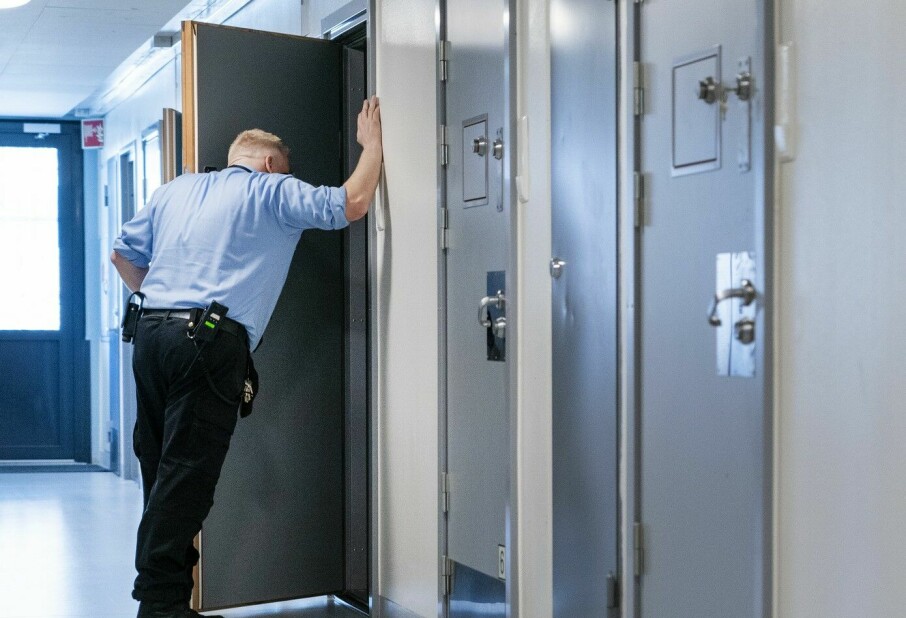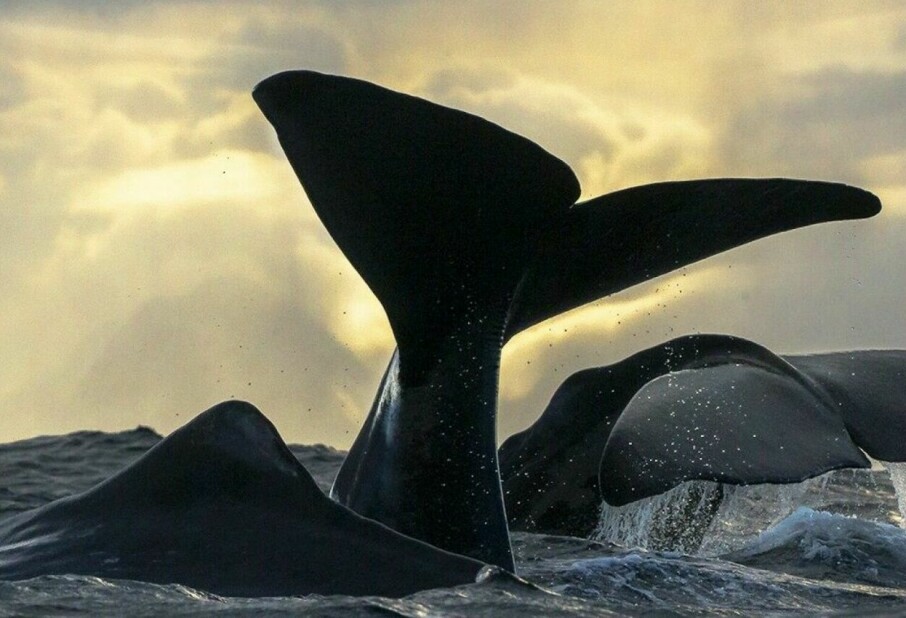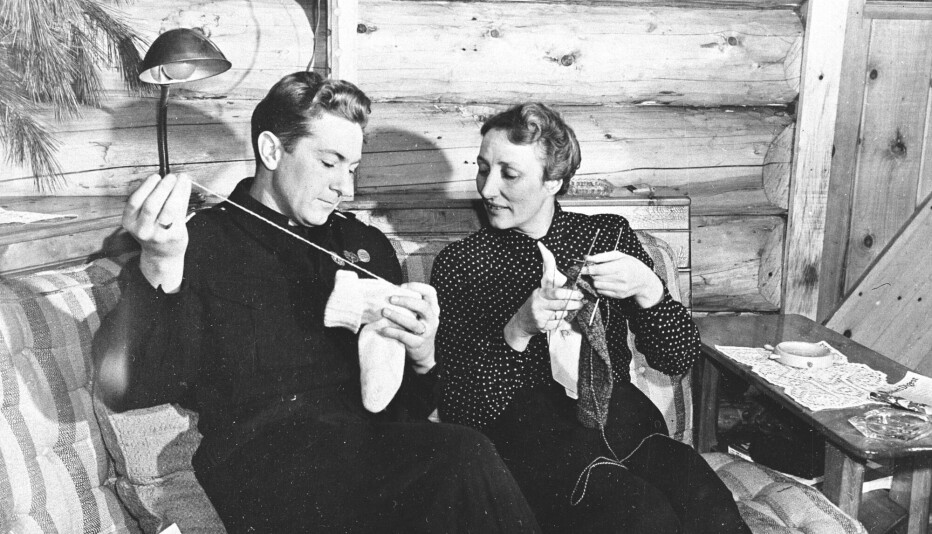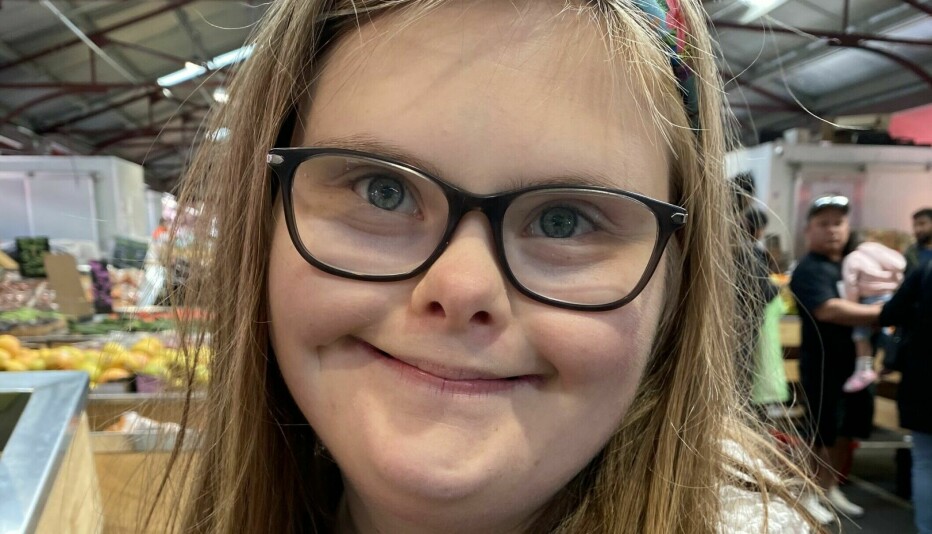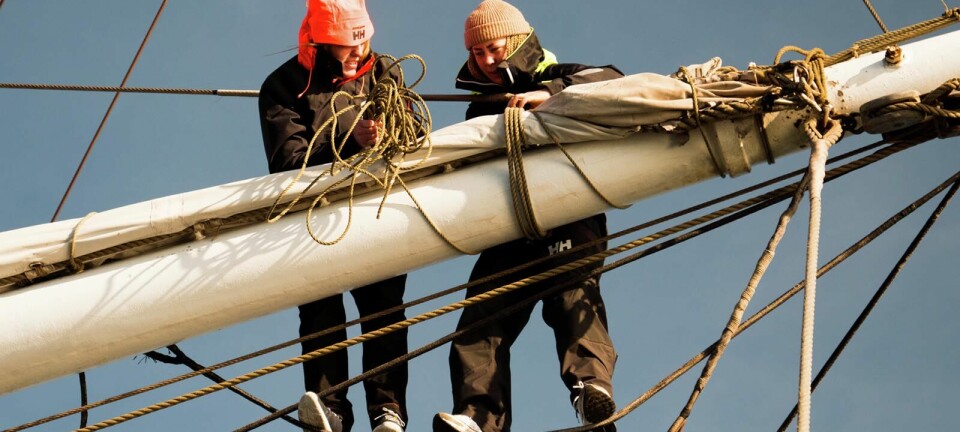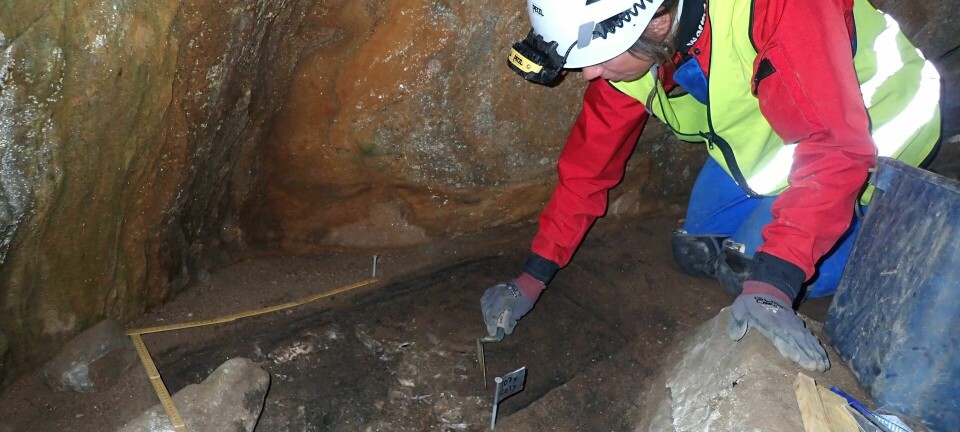THIS CONTENT IS BROUGHT TO YOU BY University of Oslo - read more
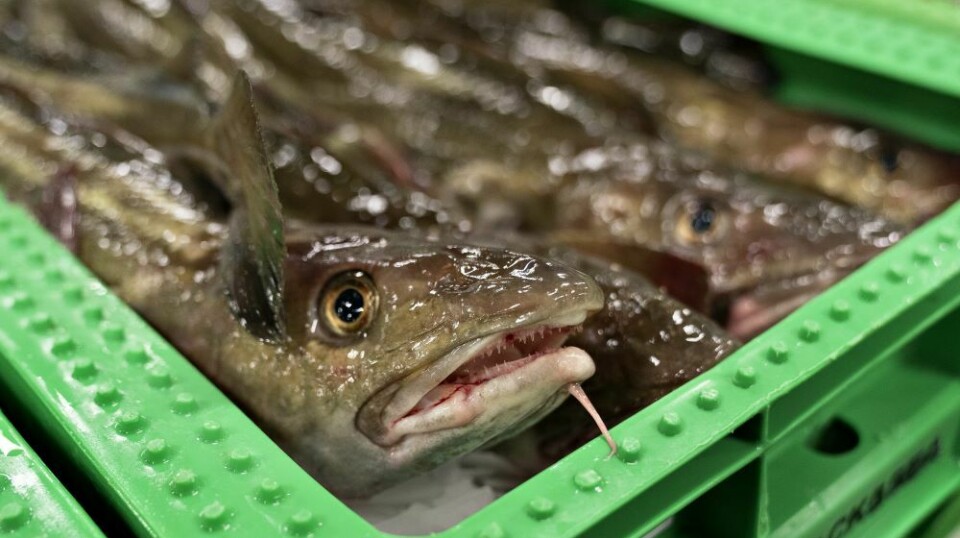
Cod has been dubbed the chicken of the sea
The green shift has created a strong interest in exploiting the economic opportunities in the ocean, but the ocean is not so easily economised.
“We are now economising and domesticating the ocean in the same way that we previously did on land,” says Kristin Asdal. She is a professor and head of the University of Oslo's Centre for Technology, Innovation and Culture.
Asdal emphasises that there is nothing new in us reaping the benefits from the resources found in the vast bodies of water. Humans have done this at all times. We have also created an economy of what lies hidden beneath the sea floor.
“What is new, ironic, and paradoxical is that right at the moment when we're looking at how we can create a better economy than the climate-destroying oil economy and we talk about a green shift, an intense economisation of the ocean is taking place. It's as if, under the guise of the green shift, we can more easily allow the ocean to become a site for a new and critical expansive innovation economy,” says Asdal.
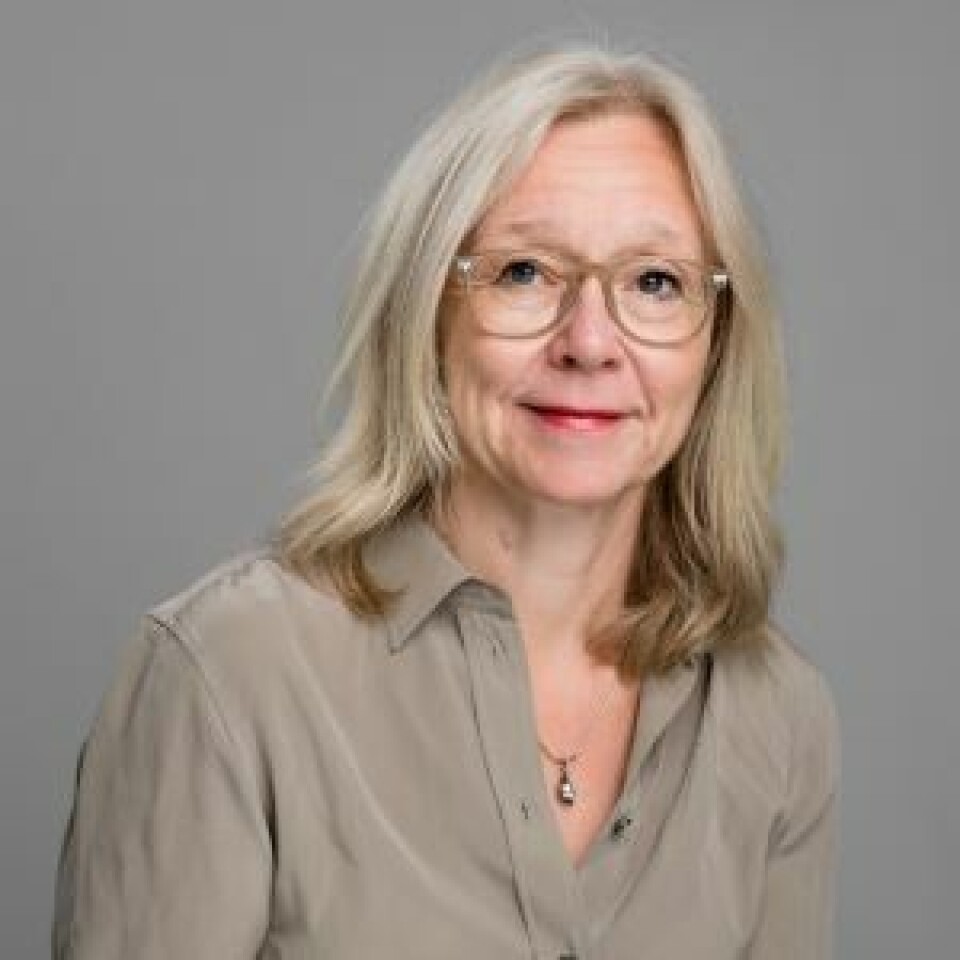
Together with Tone Huse at UiT The Arctic University of Norway, Asdal is currently involved in a new book on the topic.
Following the cod – Norway's white gold
Asdal calls it the good economy. It is about the ambition and promise that the economy to come after oil will be good, while also being able to continue to grow, and to find new areas where this growth can occur.
The publication is one of the results of Asdal's research on the new bioeconomy and the work to develop methods to examine the interaction between economy and nature.
In the book, Asdal and Huse approach the big questions of making the ocean economically viable by following one species, namely the cod – the fish that built Norway, known along the coast as the sea's white gold.
From the oil industry's entry into the North Sea in the 1960s to today's attempts at large-scale cod farming, they examine many different places where cod and economics are intertwined.
They take us cod fishing off the coast in Northern Norway and to busy fish receptions further south, but also to other places where the economy of the sea comes to life. The book follows documents that float and move matters within the state and examine scientific experiments to turn cod into good livestock. Furthermore, they follow the cod into the innovation economy and all the way to China's mega markets.
“Cod is a very good example because it has been economised for hundreds of years. It's a cultural object, a cultural icon, and we find it in song lyrics and on banknotes,” says Asdal.
From wealth to Black Sea
She points out how the migrations of the Arctic cod between Lofoten and the Barents Sea have not only provided food but also enormous fortunes. As well as collapses and bankruptcies.
“It has been economised powerfully and brutally. There have been so-called black seas and a lack of cod,” Asdal says.
And now we are in the process of taming it and turning it into an agricultural animal through aquaculture.
“It's a very powerful form of ocean economisation. We are doing the same thing with the cod as we have done with chicken — and with salmon,” she says.
By following this single species, the authors describe how the sea, its resources, and living beings are incorporated into ever-increasing and tighter economic relations.
“But an important concern for us has been to show that nature does not passively submit to the economy. Nature kicks back, so to speak, and sometimes refuses to be economised in the ways researchers and market actors want it. Part of what's fascinating about cod is precisely how it has resisted and has been difficult to domesticate for aquaculture,” she says.
Natural to study economics in practice
The researchers perform a chronological and historical analysis of the rise of the new ocean economy. They also position themselves within a field that has a clear theoretical and research policy ambition.
It has been more than 40 years since researchers within the field of science and technology studies began to conduct ethnographic research into the natural sciences through what was called laboratory studies. It involved close studies of knowledge production in practice.
“Just as it has become more obvious that cultural and social researchers incorporate nature into their analyses, it's time for it to become equally natural to study economics in practice. I hope that through what we term as empirical economics in our publication, we are contributing to this,” says Asdal.
Asdal notes that as researchers, they are leaning on a rich tradition known as 'social studies of markets’ and ‘valuation studies’. Showing how nature is ascribed value and priced in ways that are about more than just setting a market price, is an important part of the book's aim.
“Our challenge to this research field is to include nature when we study economics. There's a lot to do here,” she emphasises.
Modest growth is possible
So, what is the good economy, as Asdal sees it?
“The good economy is not something new, and sometimes it might be about looking a bit back. It's easy to forget that we've always lived with and dreamed of the good economy,” she says.
Social scientist Ottar Brox, who recently passed away, pointed out in his work how aquaculture was about good management of resources along the coast. The oil report that came in the mid-1970s was about how oil was supposed to create what was called a qualitatively better society. The visions of the new aquaculture were about moving forward at a moderate pace and using local resources.
"This wasn't so long ago as we may think,” says Asdal. “The development took another direction. And it's possible to interpret the strong demands for ecological and sustainability thinking as a defensive mechanism against the violent ambitions that characterise the economisation of the sea today."
In the book, the two researchers try to show how this understanding emerges in the face of large-scale economic ambitions. It's a paradox they hope the book will be able to reveal.
“With a more frugal, modest approach, maybe you don't need the ecological discourse in the same way,” she says.
Reference:
Asdal, K. & Huse, T. 'Nature-Made Economy. Cod, Capital, and the Great Economization of the Ocean', MIT Press, 2023. ISBN: 9780262545525 (Description)
This article is translated by UiO:GPT Version 4
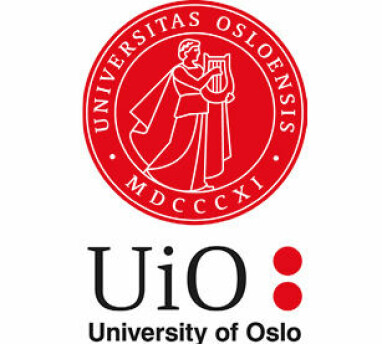
This content is paid for and presented by the University of Oslo
This content is created by the University of Oslo's communication staff, who use this platform to communicate science and share results from research with the public. The University of Oslo is one of more than 80 owners of ScienceNorway.no. Read more here.
More content from the University of Oslo:
-
Thousands-year-old animal bones discovered in cave: "We've found several species that have surprised us"
-
This is how researchers can detect invisible and odourless gases
-
Norwegian answer to ChatGPT is on its way
-
Two years after the invasion: A state of emergency to conduct research on Ukraine
-
Your kids’ screen time may be more creative than you think
-
New insight into severe liver disease













